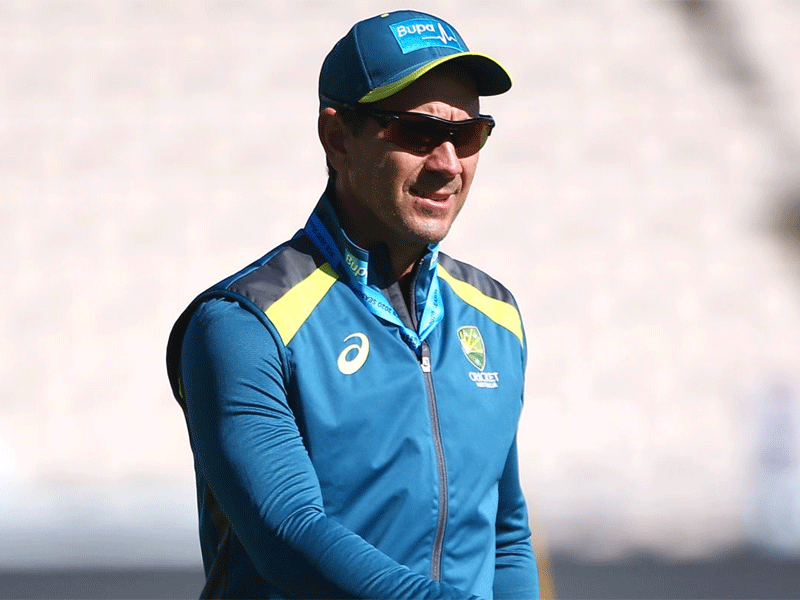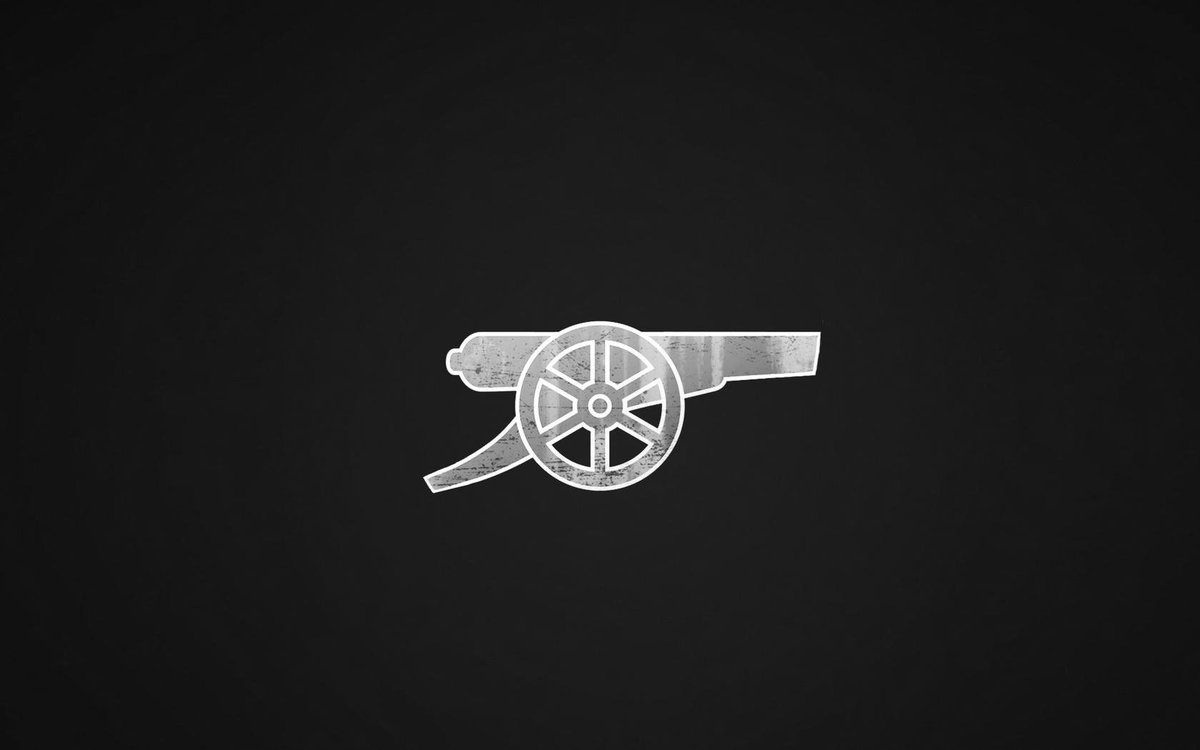Two years on, evaluating Justin Langer’s rights and wrongs in white-ball cricket
Could you imagine travelling back in time and telling Justin Langer in the immediate aftermath of England’s 5-0 hammering in June 2018 that two years later, his side will return to the shores of the United Kingdom as a World Cup semi-finalist and the number one ranked side in Tests and T20Is?

Anyone who watched ‘The Test’, the amazon documentary which traces the Aussies’ path post the Sandpaper Gate fallout, will know how deep Australia were sunk. They will also know the enormity of the job Justin Langer had in his hands when he took over. Within the first six months of him taking over, Langer endured sleepless nights, was unremittingly vilified by the press and had at his disposal a broken team that had forgotten how to win. Fast-forward two years, not only are Australia back on their feet, but they are the number one ranked side in two of the three formats the sport has to offer and are looking as settled as they have in over half a decade.
The credit, for all this and more, incontrovertibly needs to go to one man and one man only: Justin Langer. That said, Langer’s tenure, particularly in white-ball cricket, has been far from perfect and has had its own glaring flaws. So on the occasion of Australia returning to English soil two years after hitting the nadir of their cricketing history, today, we evaluate the rights and wrongs of Langer in white-ball cricket, since he took over.
The Rights
Phasing out Chris Lynn from the national set-up
At the time of Langer taking over, the Chris Lynn hype-train was loud. By then, the Queenslander had already established himself as his country’s biggest force of destruction and had also just endured his most successful season in the IPL. But Langer knew that fitness-wise, Lynn was a liability and also realized that injuries had taken a toll on the right-hander’s power-hitting ability. This was epitomized by the fact that Lynn’s strike rate fell alarmingly post 2017 - His SR was 126 in BBL 2018 and 130 in IPL 2018 compared to the 154 in BBL 2016.
Lynn’s withering fitness coupled with his suspect technique and dissolving hitting-ability meant that Langer was never sold on him. Under Langer, Lynn played 11 white-ball games and amassed a paltry 192 runs at an average of 17.45 and SR of 104.91 and these numbers were more than enough for the Western Australian to do away with the right-hander. A glance at Lynn’s performances post 2018 - particularly in the ongoing CPL - will tell you that Langer’s decision was a masterstroke.
Building a foundation for spin bowling
Xavier Doherty, Jason Krejza, James Muirhead, Cameron Boyce, Nathan Hauritz - Fair to say Australia quite didn’t figure out how to use spinners post Shane Warne and Brad Hogg. This was a team that won the 2015 World Cup with Glenn Maxwell as their first-choice spinner. But gliding forward without spinners was never going to be a sustainable option, not in this generation in white-ball cricket, and Langer realized the same. Under Langer, Australia’s white-ball cricket has overseen a spin revolution of sorts: the evolution of Zampa, the integration of Lyon and the rejuvenation of Agar have all been vital to the country’s resurgence in the past 18 months.
That Australia, during the World Cup, had the luxury to fiddle-around with two quality spinners spoke volumes of how far they’d come on that front. The management of the spinners - everyone always kept on the loop; never phased out - has stood out and what it has enabled is that, suddenly, with two of the next 3 ICC events taking place in the sub-continent, the side is looking at potentially having a formidable spin unit. Add Chris Green to the mix and you have one hell of a quartet.
Putting full trust on Alex Carey
The evolution of Alex Carey has also been prerequisite to Australia’s resurgence under Langer. It is easy to forget that, in the immediate aftermath of the Cape Town fall-out, Australia had turned to Tim Paine of all people in limited-overs to stop the haemorrhage. Ever since he has come in, not only has Carey provided that assurance with the bat down the order, but he has, most importantly, brought sanity and leadership to the fore. Aside from the fact that he’s served as the ultimate crisis-man for the team with the bat, Carey’s glovework, too, has been impeccable and it is a factor that hardly gets mentioned. That said, Langer seems to have figured out Carey’s role in ODIs, but there is still an air of uncertainty over the South Australian’s role in T20s. It will be upon Langer and the management to fix that soon for the betterment of both the team and the individual.
Seamless re-integration of Smith and Warner
Things could have easily gone haywire for Australia even post the conclusion of the bans of Smith and Warner yet Langer’s long-term vision ensured that the team sailed smooth as ever. Right from the start of 2019, Langer built the side - all three formats, really - to enable smooth re-integration of Smith and Warner once they became available and the team’s fine World Cup run was a testament to how well the execution of the same was done. Incumbent players were also kept in the loop and made to understand that Smith and Warner, once they return, will inevitably become first-choices and that ensured there was no breakdown of trust within the side.
Wrongs
Mismanagement of Usman Khawaja
Usman Khawaja has every reason to feel hard done by and, truth be told, he has been hard done by. In 2019, Khawaja was one of just six batsmen in the world to score over 1000 ODI runs and he, behind Aaron Finch, was Australia’s second-highest run-getter in the calendar year. Yet he’s continued to be inexplicably phased out of the ODI set-up by Langer and the management. Smith’s return in coloured clothing and the emergence of Labuschagne has hurt his chances, no doubt, but a batsman who averaged close to 50 sure did deserve to be treated with a bit more respect. With the kind of record he has, there is no reason for Australia not to consider Khawaja at least a back-up for one of the top 4 batters.
Failure to identify and build reliable, consistent big-hitters barring Maxwell
No matter how much the Aussies - and a few of their fans - think they don’t need Maxwell in the 50-over game, the truth is, they do. This was evident in the 2019 World Cup, where Stoinis failed and Australia needed Maxwell to fire even after the openers got the team off to a great start, and was crystal clear in both the T20Is and ODIs versus South Africa earlier this year. Stoinis, Turner, Wade, Short, Mitch Marsh - none of Australia’s supposed Maxwell alternatives have turned out to be half as successful or impactful as he has and this does pose a major headache for the team. As things stand, Australia’s lower middle-order - in both ODIs and T20Is - is toothless without Maxwell and the whole side is over-reliant on the Victorian to deliver; take his versatility out and the balance of the side crumbles. Failure to identify an alternative for Maxwell has thus far been a black mark in Langer’s tenure.
Failure to get the best out of the BBL breakthrough stars
To be fair, the BBL has thus far rendered pretty much useless for the national side. From Travis Head to D’Arcy Short to Ben McDermott, Australia have failed to extract the best out of their BBL stars and the pattern is worrying, indeed. The commonality between the three names mentioned above is that the management have, more often than not, ended up misusing the trio by not defining clear roles for them in the side.
Travis Head, for instance, has batted randomly everywhere from one to six; Short’s T20 career has been discontinuous, the selectors have seldom shown full faith in him while in ODIs, he’s been an opener and a finisher; McDermott, on the other hand, has been used as both an accumulator and a finisher in the 10 T20Is he’s played. By misusing and mismanaging the resources at their disposal, Australia have, thus far, flushed the little influx of talent generated in the BBL down the train. But with the likes of Sams, Phillipe and Meredith in the picture now, Australia do have an opportunity to right the wrongs and the onus will be on Langer to learn from the mistakes of the past.

Comments
Sign up or log in to your account to leave comments and reactions
0 Comments